What is proton-beam therapy?
Teenager with rare brain tumour to undergo pioneering treatment at new clinic in Manchester
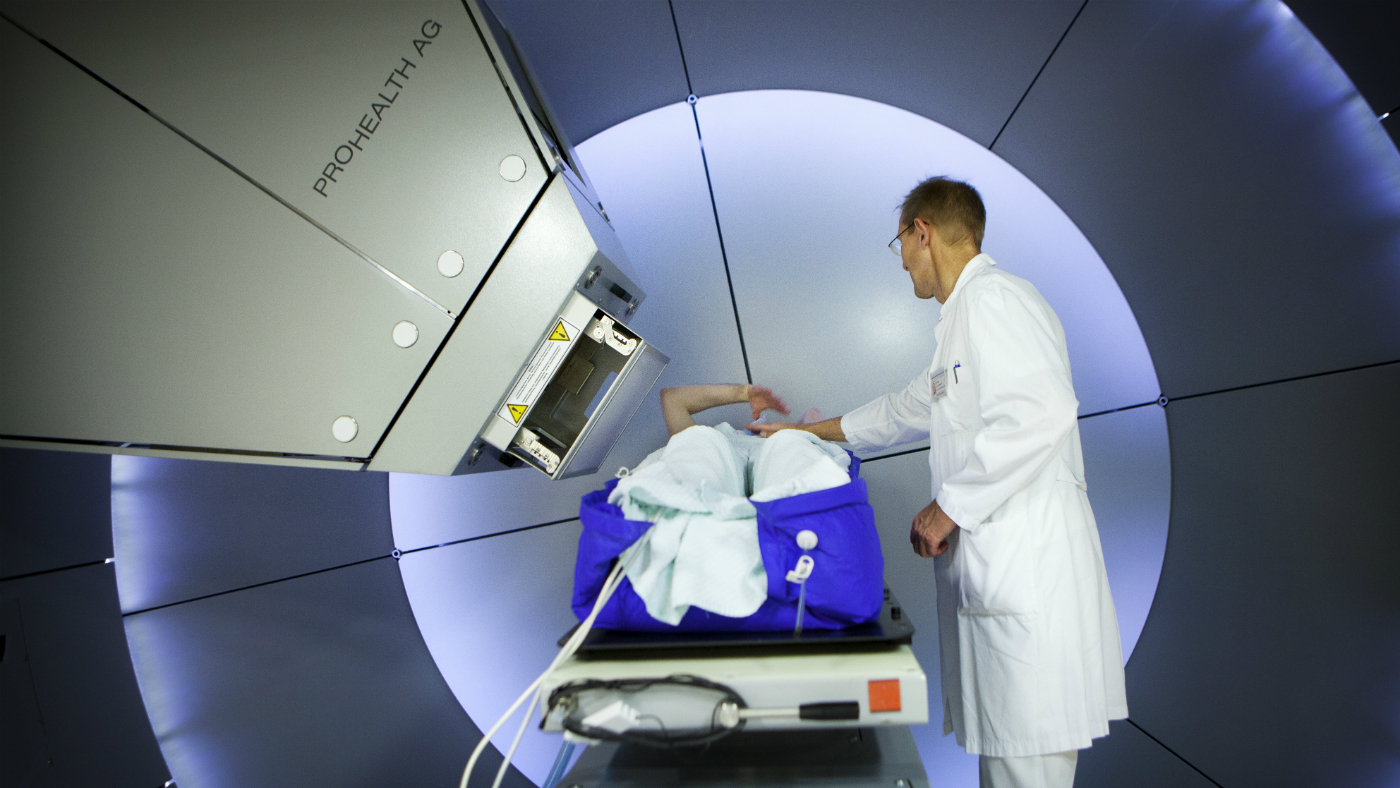
A free daily email with the biggest news stories of the day – and the best features from TheWeek.com
You are now subscribed
Your newsletter sign-up was successful
A 15-year-old boy with a rare brain tumour will today become one of the first patients to undergo proton-beam therapy at Britain’s first dedicated treatment centre.
Mason Kettley, from Angmering in West Sussex, is starting six weeks of the highly focused radiation therapy, which is designed to attack his tumour with minimal side effects, The Times reports.
He is only the fourth person to be treated at the NHS proton-beam centre, which opened at The Christie hospital in Manchester last month. A second centre is due to open at University College Hospital, London, in summer 2020, Sky News reports.
The Week
Escape your echo chamber. Get the facts behind the news, plus analysis from multiple perspectives.

Sign up for The Week's Free Newsletters
From our morning news briefing to a weekly Good News Newsletter, get the best of The Week delivered directly to your inbox.
From our morning news briefing to a weekly Good News Newsletter, get the best of The Week delivered directly to your inbox.
Mason was diagnosed in October with a rare pilomyxoid astrocytoma brain tumour, which cannot be operated on because of a risk of blindness and other “catastrophic” complications.
By contrast, proton-beam therapy has been shown to exhibit “minimal side-effects”, according to Christie’s consultant clinical oncologist Dr Gillian Whitfield.
“This is particularly important for children and teenagers with curable tumours, who will survive decades after treatment and are at much greater risk of serious long-term effects of treatment than adults,” she said.
So how does it work?
A free daily email with the biggest news stories of the day – and the best features from TheWeek.com
What is proton-beam therapy?
Conventional radiotherapy uses “high-energy beams of radiation to destroy cancerous cells”, which often results in the surrounding tissue being damaged, leading to side effects such as nausea and organ function disruption, says the NHS website.
Proton-beam therapy uses beams of protons - sub-atomic particles - to achieve the same cell-killing effect. This involves a particle accelerator being used to speed up the proton cells to two-thirds the speed of light before they are fired into the cancerous cells, killing them.
This therapy causes far less damage to surrounding tissue because the proton beams “stop” once they have hit their target.
What can it be used for?
As proton-beam therapy is far more precise than regular radiotherapy, it is particularly beneficial for patients with difficult-to-treat tumours in critical areas such as the brain or spinal cord, and for young people whose tissues are still developing, The Guardian reports.
However, The Times notes that the process is hugely expensive, and adds that while the NHS has previously sent patients abroad for the treatment, there is “controversy about whether it is better than conventional therapies for a wider group of patients”.
The NHS website says that health bosses “cannot say with any conviction that proton-beam therapy is ‘better’” than conventional cancer treatments.
The site explains that “it is hard to gather systematic evidence about its effectiveness when compared to radiotherapy”, because patients who have travelled abroad from the UK to receive proton-beam therapy have “been selected for treatment as they were seen as optimal candidates who would benefit the most”.
The patients “usually respond well” to proton-beam therapy, but “whether this benefit would apply to more people with cancer is unclear”, the health service concludes.
Have we heard about this therapy before?
Yes. The procedure hit the headlines in 2014 after five-year-old Ashya King, who was due to undergo chemotherapy and radiotherapy at Southampton General Hospital, was taken abroad by his parents to undergo proton-beam therapy because the NHS did not provide the treatment at the time.
The Guardian says the case “sparked an international manhunt for the family, and Aysha’s parents were arrested”.
University Hospital Southampton NHS Foundation Trust said that during discussions, Ashya’s family “indicated that they wished him to undergo proton radiotherapy instead of standard radiotherapy”. This request was refused, with doctors stating that “the Trust considers there is no benefit to Ashya of proton radiotherapy over standard radiotherapy”.
The High Court eventually ruled that Aysha could receive proton beam therapy in Prague, and he was declared free of cancer last year.
-
 The ‘ravenous’ demand for Cornish minerals
The ‘ravenous’ demand for Cornish mineralsUnder the Radar Growing need for critical minerals to power tech has intensified ‘appetite’ for lithium, which could be a ‘huge boon’ for local economy
-
 Why are election experts taking Trump’s midterm threats seriously?
Why are election experts taking Trump’s midterm threats seriously?IN THE SPOTLIGHT As the president muses about polling place deployments and a centralized electoral system aimed at one-party control, lawmakers are taking this administration at its word
-
 ‘Restaurateurs have become millionaires’
‘Restaurateurs have become millionaires’Instant Opinion Opinion, comment and editorials of the day
-
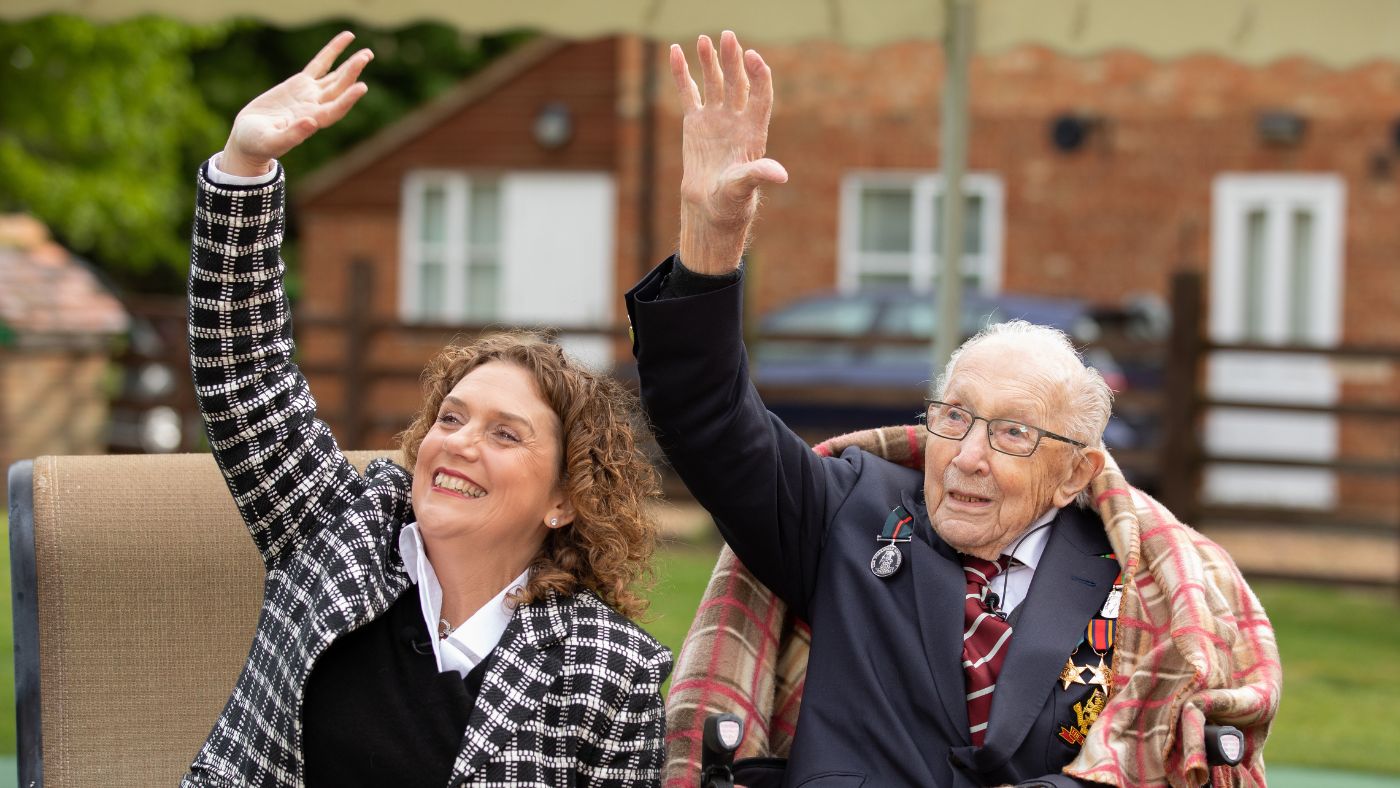 Captain Tom charity closes to donations amid daughter’s pool row
Captain Tom charity closes to donations amid daughter’s pool rowSpeed Read Hannah Ingram-Moore to appeal council order to demolish spa complex at her home
-
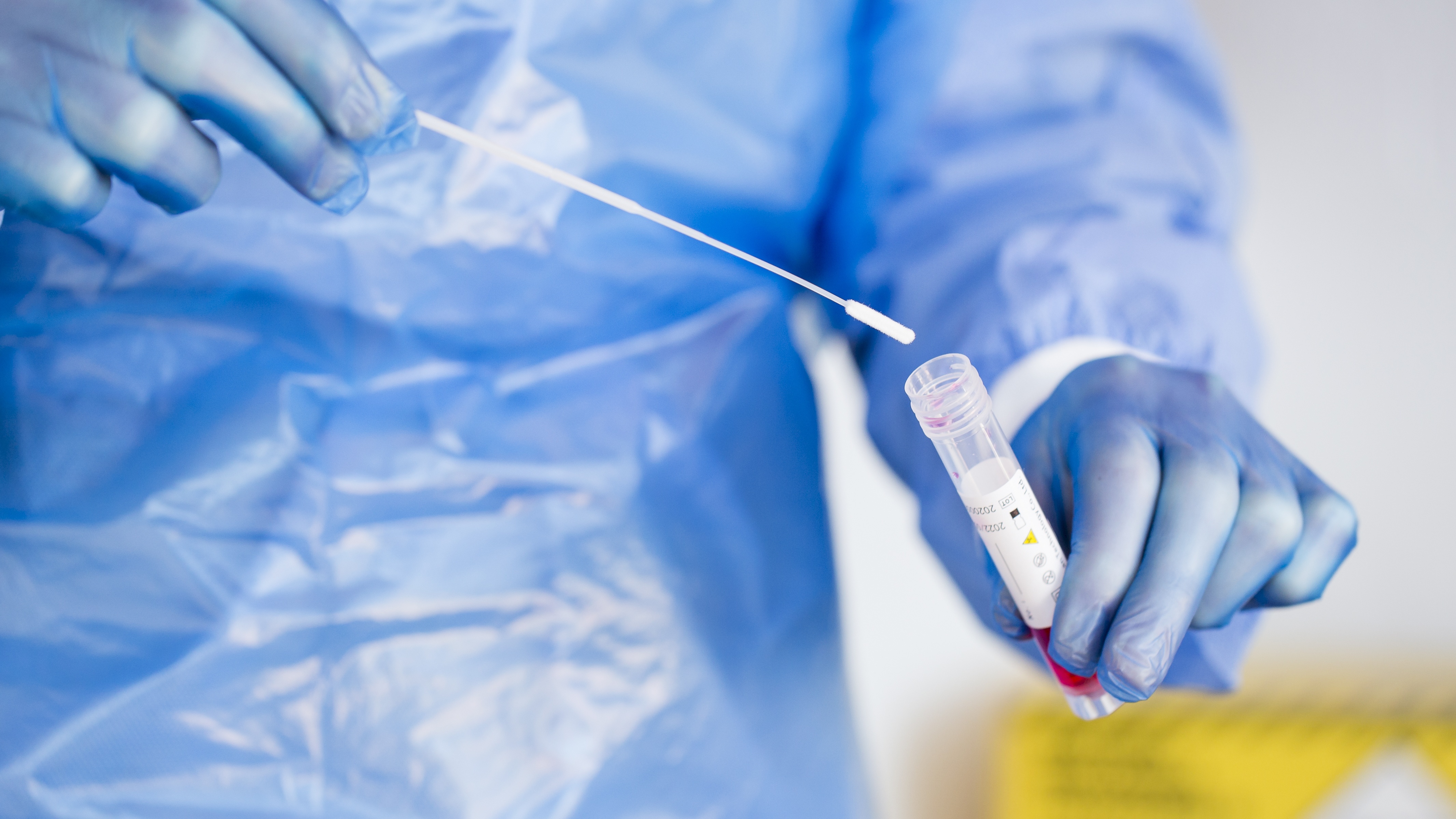 The Week Unwrapped: Sex and health, the Earth’s core and another new year
The Week Unwrapped: Sex and health, the Earth’s core and another new yearpodcast Is the NHS failing British women? What’s going on at the centre of our planet? And what’s in a date?
-
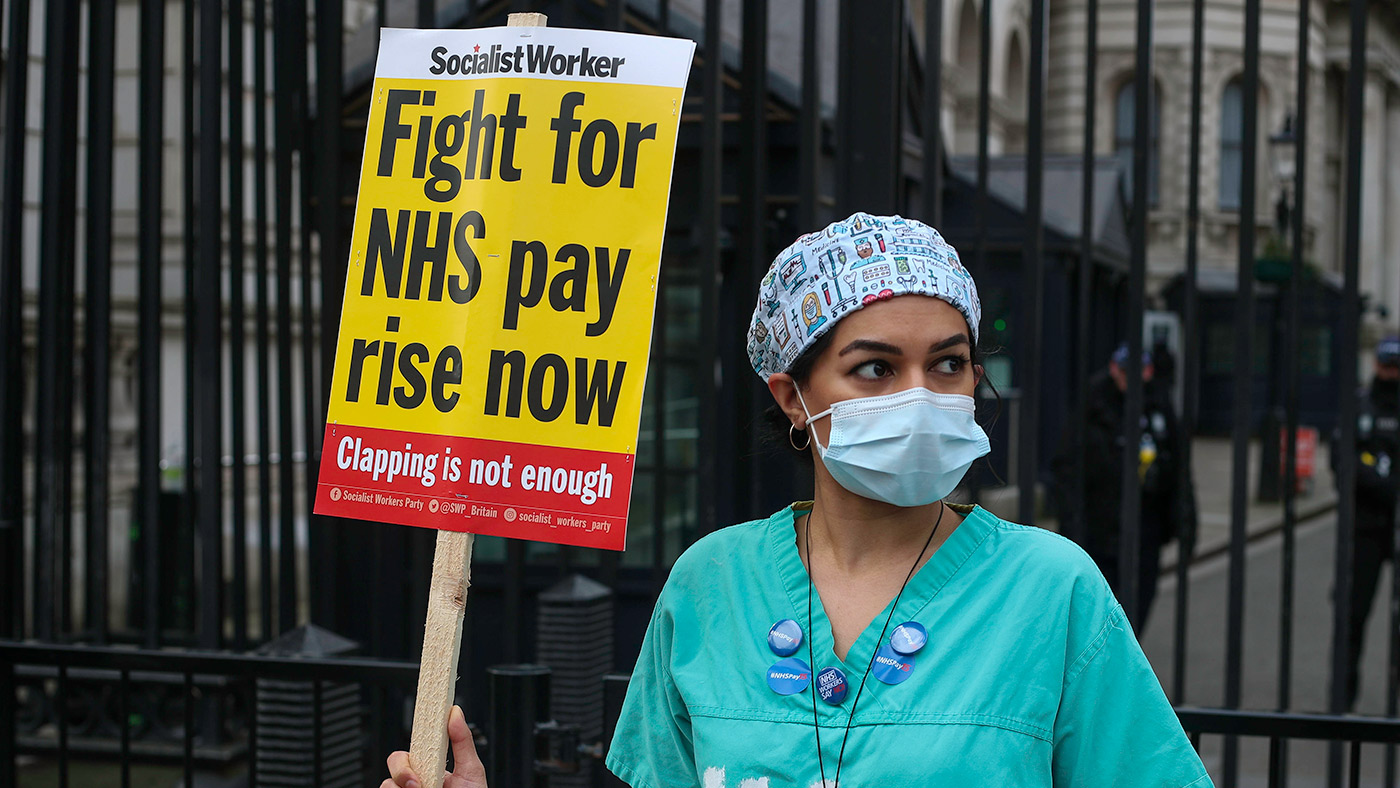 National nursing strike: should the patient ‘always come first’?
National nursing strike: should the patient ‘always come first’?Talking Point Recent YouGov poll found that 65% of public approves of strike action
-
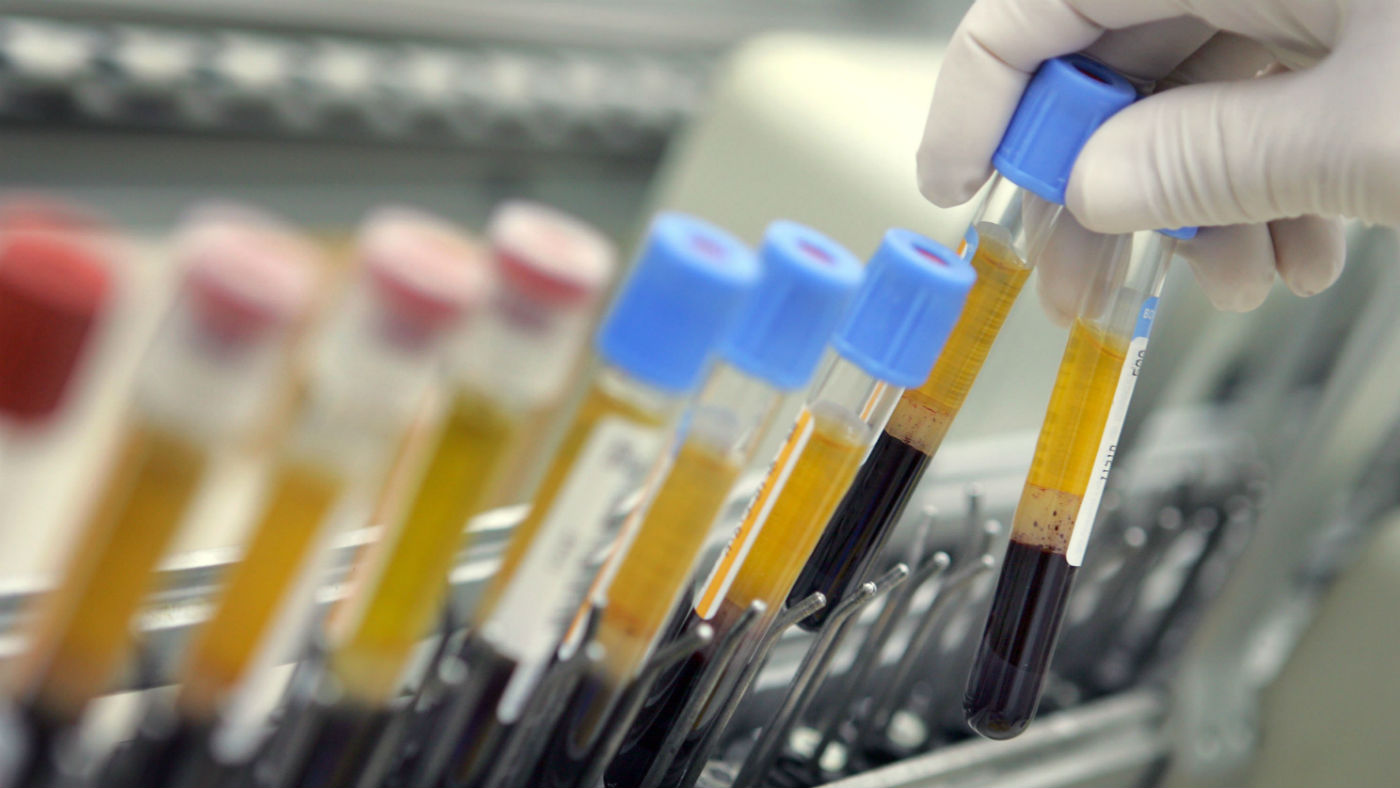 The science behind lab-grown blood
The science behind lab-grown bloodfeature Development of ‘absolute game changer’ could help those with sickle cell and other conditions
-
 ‘Moving CBBC online isn’t modernisation – it’s dangerous’
‘Moving CBBC online isn’t modernisation – it’s dangerous’Instant Opinion Your digest of analysis from the British and international press
-
 The Week Unwrapped: Quitting China, social age checks and dental deserts
The Week Unwrapped: Quitting China, social age checks and dental desertspodcast Why has AirBnB given up on China? Are social networks finally taking age limits seriously? And why is it so hard to find a dentist?
-
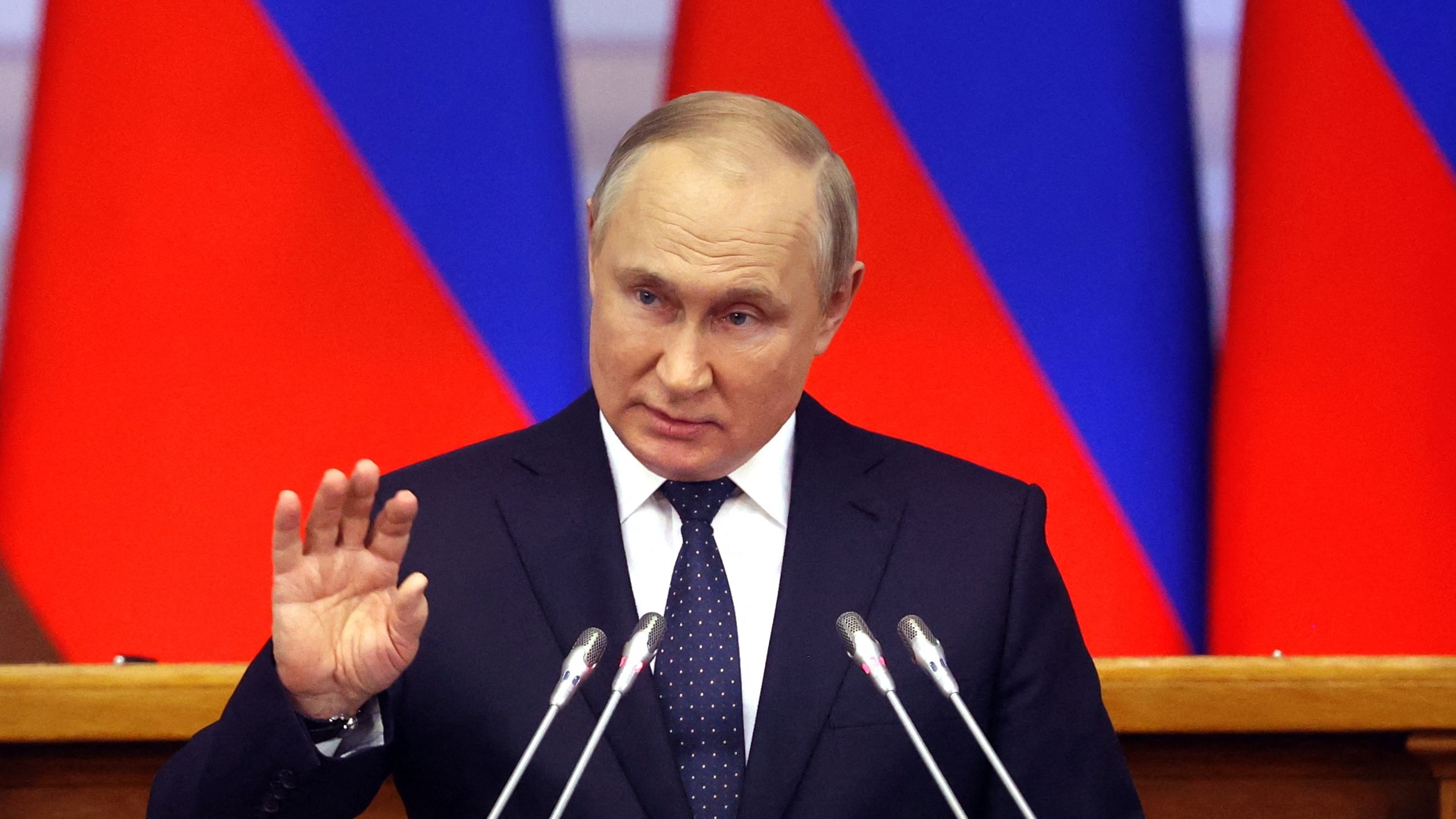 ‘Negotiation with Putin would be a moral disaster’
‘Negotiation with Putin would be a moral disaster’Instant Opinion Your digest of analysis from the British and international press
-
 The Week Unwrapped: Home-working pay cuts, Taiwan and Cinderella
The Week Unwrapped: Home-working pay cuts, Taiwan and Cinderellapodcast Should people who work from home earn 20% less? Is Taiwan at risk of a Chinese invasion? And what does the failure of Andrew Lloyd Webber’s latest production tell us about post-Covid theatre?